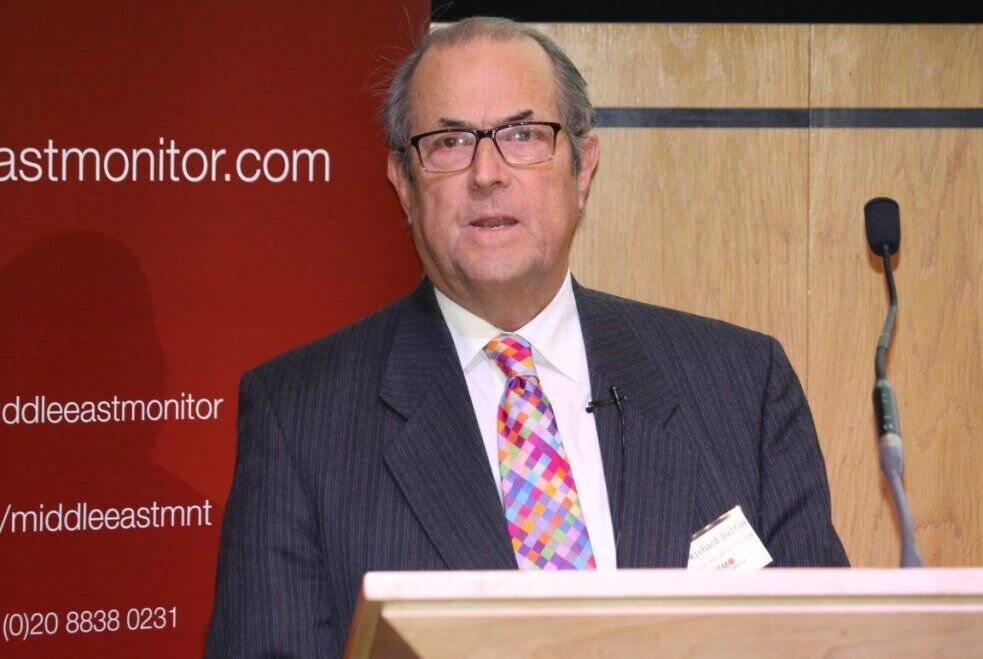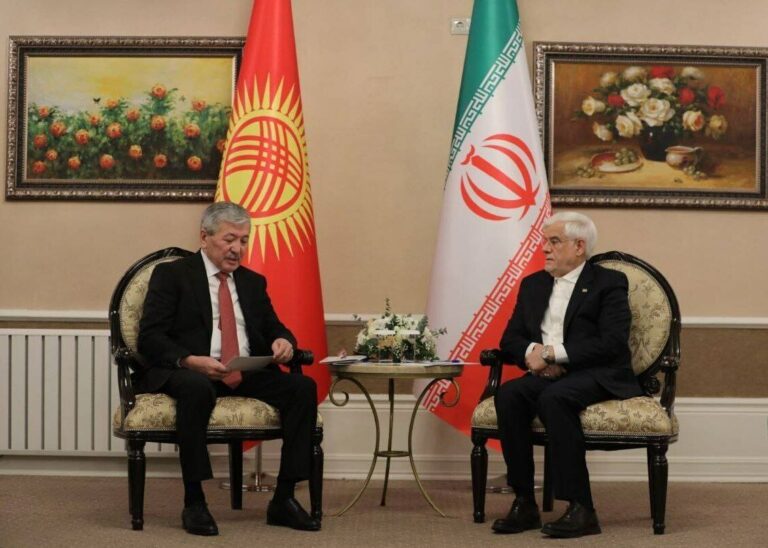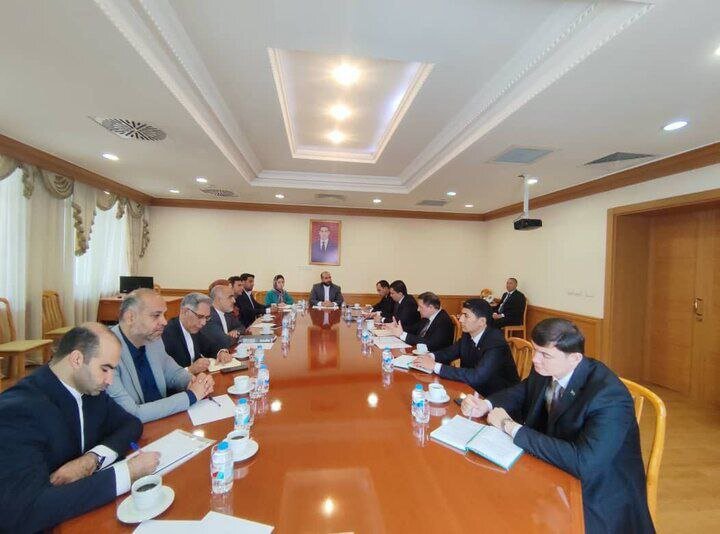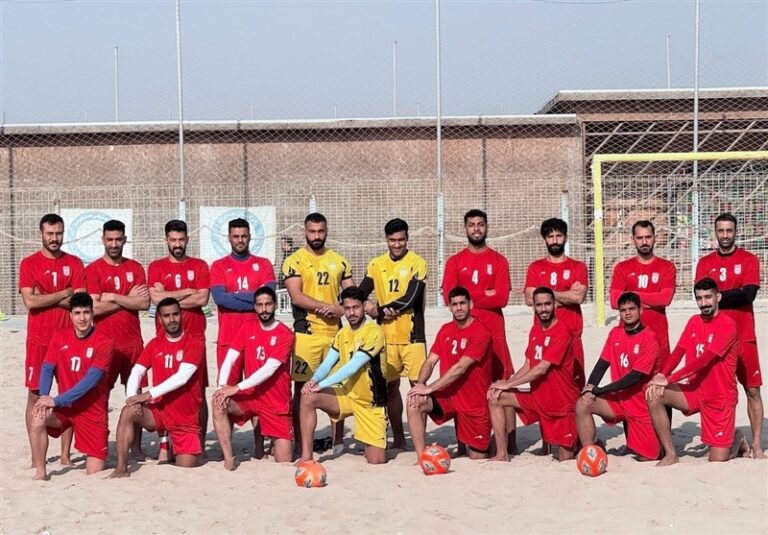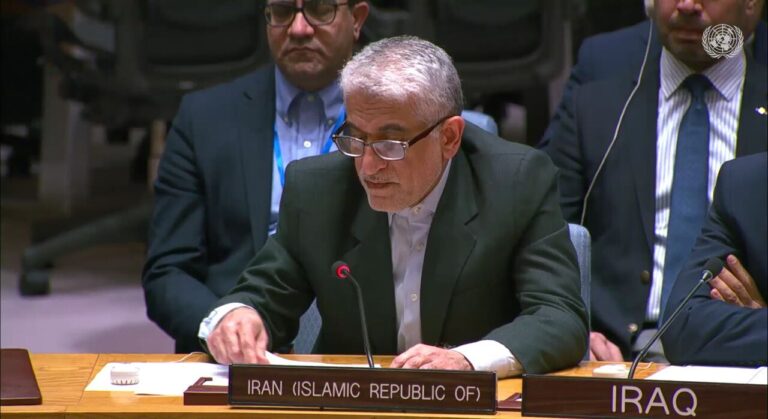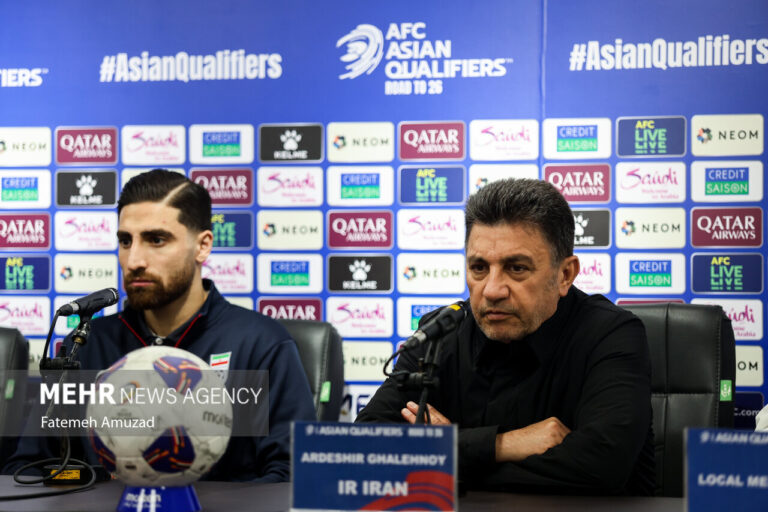Iran Demands Meaningful Negotiations: No to Surrender Talks!
In the realm of international diplomacy, the ongoing discussions between Iran and the United States have garnered significant attention. The latest insights come from Sir Richard Dalton, former UK envoy to Tehran, who emphasizes that Tehran perceives these negotiations as a litmus test of American commitment rather than a step towards capitulation. This article delves into the key points surrounding this intricate diplomatic dialogue.
During an interview with BBC Newsnight, Sir Richard Dalton articulated that the United States appears eager for a swift resolution involving Iran’s surrender on three critical fronts:
- Nuclear Enrichment
- Missile Development
- Regional Influence
Dalton remarked, “Iran’s not in the market for a surrender. They would be in the market for a serious negotiation.” This statement underscores Iran’s stance that they are not willing to capitulate but are open to engaging in meaningful discussions.
On Tuesday, Iranian Foreign Minister Abbas Araghchi announced plans for high-level indirect negotiations with the United States, scheduled to take place in Oman on Saturday. He described this upcoming dialogue as both “an opportunity and a test” for the US. Araghchi stated, “In my opinion, the framework of negotiation, whether direct or indirect, is not of primary importance.”
He further elaborated that what truly matters in these negotiations is:
- The effectiveness of the negotiations
- The seriousness of the parties involved
- The intentions of both sides
- The willingness to reach an agreement
Explaining the choice of indirect negotiations, Araghchi noted, “The reason for this choice is that negotiations in which they (Americans) impose their points through pressure are in fact dictating, and we do not believe in this method.” He emphasized that indirect negotiations could facilitate a genuine and effective dialogue, a method that has historical precedence in international relations.
Araghchi also pointed out, “There are countries that, for historical and other reasons, are not willing to negotiate directly with each other.” He indicated that Oman would act as a mediator in these discussions, expressing trust in the country’s capabilities due to its good track record. “We hope to encounter a serious will from the other side to reach a diplomatic solution,” he added.
When discussing the format of the negotiations, the Foreign Minister stated, “At present, we prefer to hold the negotiations indirectly and we have no plans to convert it to direct, as we do not consider direct to be useful for the negotiations.” This highlights Iran’s strategic approach to diplomacy and their commitment to maintaining a negotiation style that aligns with their principles.
In terms of Tehran’s objectives during these discussions, Araghchi made it clear: “Realizing the rights of the Iranian people and lifting sanctions are our main goal in the negotiations.” This statement reflects Iran’s priorities and the core issues they seek to address through diplomacy.
Addressing potential preconditions for the upcoming negotiations, the Iranian Foreign Minister asserted, “No preconditions are acceptable to us.” This strong stance indicates Iran’s desire for a level playing field in negotiations, without external pressures or stipulations that may undermine the dialogue process.
As the world watches these developments unfold, it is evident that the Iranian leadership is keen on establishing a platform for meaningful negotiations that respect their sovereignty and rights. The upcoming talks in Oman may serve as a crucial turning point in US-Iran relations, potentially paving the way for a more stable and diplomatic approach to resolving longstanding issues.
In conclusion, the upcoming indirect negotiations between Iran and the United States represent a pivotal moment in international diplomacy. With both sides expressing their intentions clearly, the outcome of these discussions could significantly impact not only regional stability but also global diplomatic relations.
